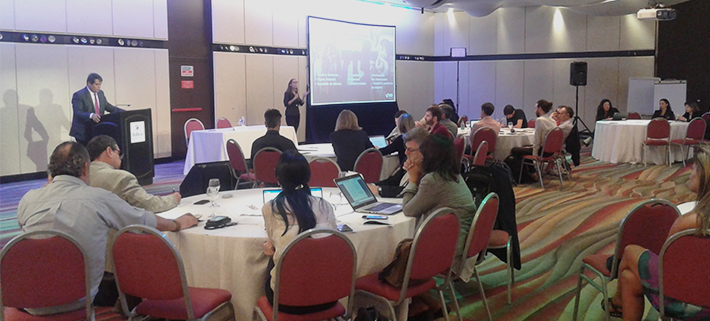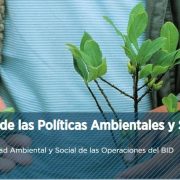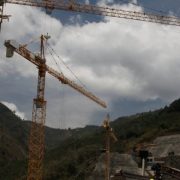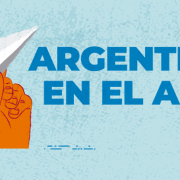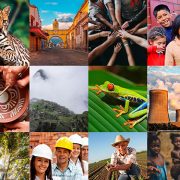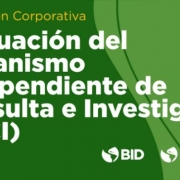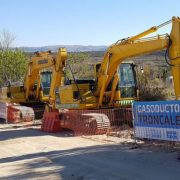We participate in the consultations of the new IDB Environmental and Social Policy Framework
In the framework of the process of reviewing the environmental and social policies of the Inter-American Development Bank, we participated in public consultations held in the cities of Buenos Aires and Washington DC. Together with a group of civil society organizations, we raised certain concerns and recommendations regarding the review and consultation process, as well as the content of the draft of the proposed Environmental and Social Policy Framework.
“Below, we offer a google translate version of the original article in Spanish. This translation may not be accurate but serves as a general presentation of the article. For more accurate information, please switch to the Spanish version of the website. In addition, feel free to directly contact in English the person mentioned at the bottom of this article with regards to this topic”.

